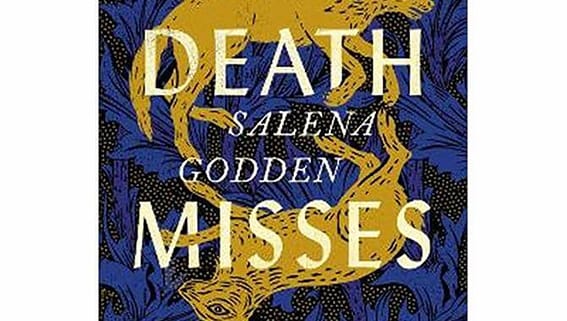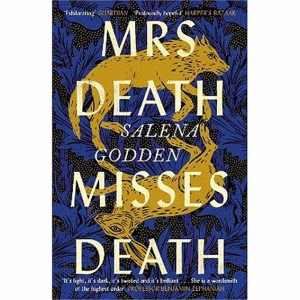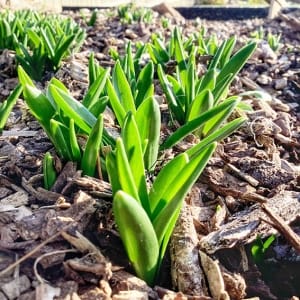Mrs Death Misses Death
Reviewed by Wendy Tucker
Salena Godden is an English poet, author, activist, broadcaster, memoirist and essayist. Born in the UK, Godden is of Jamaican-Irish heritage. She is known for the graphic power of her poetry and is considered one of the foremost performance poets in the UK.
This is her debut novel. I had heard a lot about this prize-winning prose/poetry novel and because of the enthusiastic reviews regarding the beauty and confrontation of the language and because of her reputation as a performer, I decided to first tackle this supposedly difficult novel (it isn’t) as an audio book. And here we could get into the argument about listening to versus reading a book. Has a book been read if you listened to it? I think there is a place for both and for this stunning book, I did both.
I’m very glad I listened first. Godden reads the novel herself and has a beautiful voice, full of the inherited lilts of her Jamaican/Irish background, and as the author she knows the rhythms and flows.
The novel is the product of the Covid lockdown in the UK, where the number of deaths attributed to COVID exceeded 100,000.
This is not a novel about death but an urging not to waste our time, our lives.
Our protagonist is Wolf Willefort and their gender is neutral. Wolfie is a young impoverished poet living in a cold flat post-lockdown. They were traumatised as a child after their mother died in a high-rise apartment fire, based on the Grenfell Tower fire in 2017. Godden describes this horror and the wasteful, unnecessary deaths, where the poor, mainly black and disadvantaged, live in unsafe, cheaply built apartments. Understandably, Wolfie is still ruminating on this tragedy and how it changed their life.
Wolfie buys an old desk and somehow, through this old piece of furniture, Mrs Death appears and is able to transmit her stories. Mrs Death is personified as a series of black women, old and homeless, old and kind, young and shimmering. This allows her to pass through the world unnoticed – ‘there’s no human more invisible, more easily talked over, ignored, betrayed and easy to walk past’ than a black woman. Mrs Death is tired after an eternity in her job and she wants to tell her stories, unburden herself and stop unnecessary deaths. ‘I’m as busy now as I was in 1066. I’m as busy now as I was with Attila the Hun’.
Mrs Death talks of the waste of human life, of drowned refugees, of children dying of poverty, of the homeless dying in the doorways of the rich, of mass murders, of Syria.
She tells of the sheer amount of wasted life we are accustomed to accepting as part of the way we live. She underlines that so many deaths are preventable and that these tragedies need not be repeated. But only if we change.
This may not be a book that you would wish to read after the last difficult years but it is a beautiful, confronting novel of hopefulness.
‘Humans still have so much to learn. But in times of difficulty, when you are in pain and trauma, accidents and emergencies, you draw breath together, you connect, you’re most tuned in and alive and alert.’



